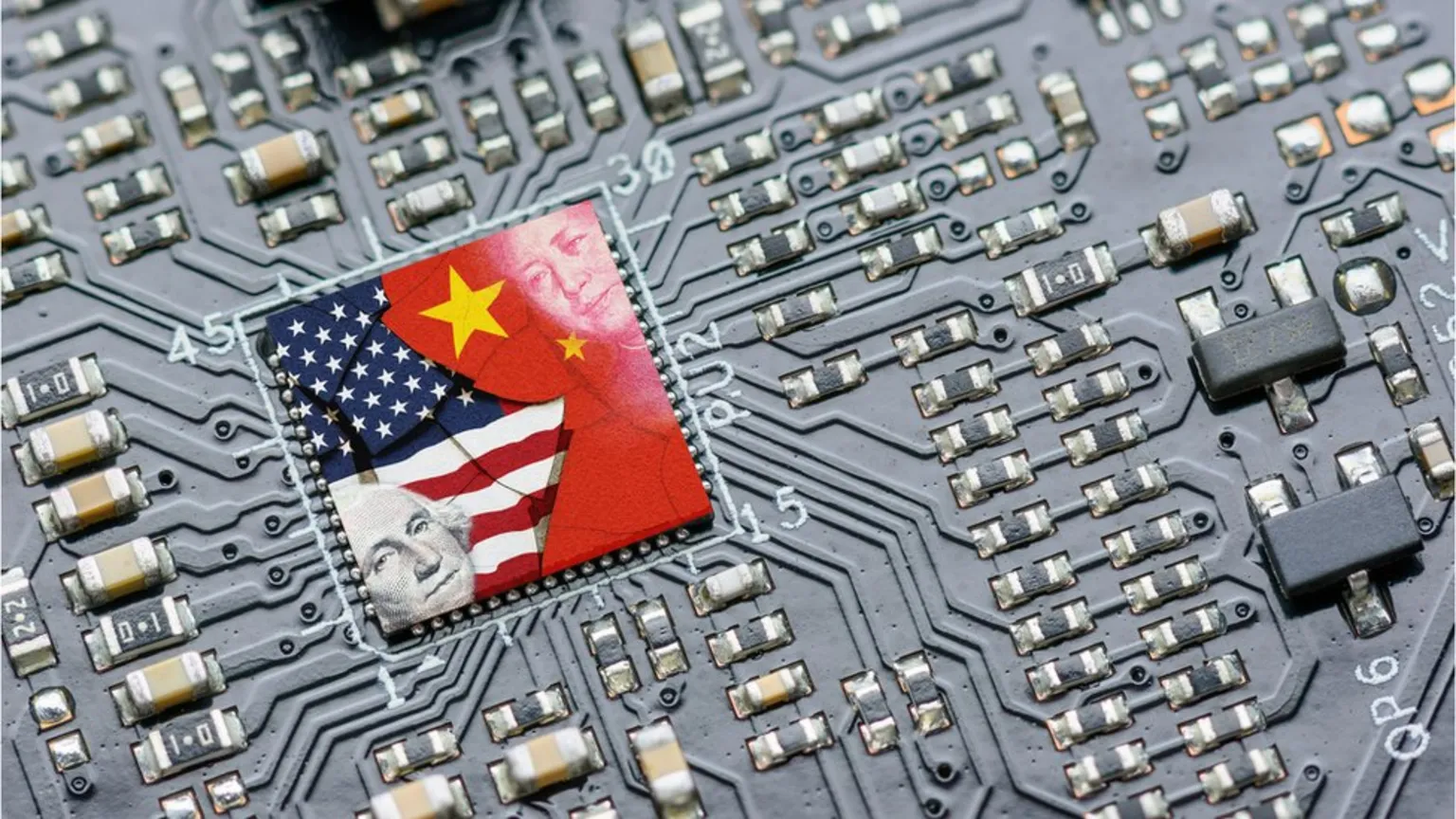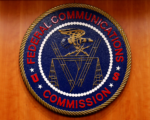U.S. Implements New Restrictions on China’s Semiconductor Industry

The United States unveiled a new wave of export controls on Monday targeting China’s semiconductor sector. The measures aim to restrict access to advanced chipmaking technologies that could bolster China’s AI and military capabilities. This marks the third significant U.S. crackdown on China’s semiconductor ambitions in three years.
Key Components of the New Restrictions
- Expanded Export Controls
- New Targets: The U.S. added 140 entities, including Naura Technology Group, Piotech, and SiCarrier Technology, to its export restriction list.
- High Bandwidth Memory (HBM) Chips: Restrictions now apply to advanced HBM chips critical for AI applications.
- Tool and Equipment Curbs: New controls affect 24 chipmaking tools and three software tools essential for semiconductor production.
- Impacted Companies
- Chinese Firms: Companies such as Swaysure Technology, Qingdao SiEn, and Shenzhen Pensun Technology were added to the Entity List, barring them from receiving U.S. shipments without special licenses.
- International Suppliers: Major players like Lam Research, KLA, Applied Materials, and Dutch firm ASM International are likely to be affected.
- Foreign Direct Product Rule
- Scope Expansion: The U.S. will regulate foreign-made equipment containing any U.S. chips, with exemptions for Japan and the Netherlands.
- Affected Regions: Equipment from countries like Israel, South Korea, Taiwan, and Singapore will fall under U.S. controls.
- Investment Restrictions
- For the first time, private equity and tech investment firms, including Wise Road Capital and Wingtech Technology, are included in the Entity List.
U.S. Objectives and Global Implications
The Biden administration aims to stymie China’s ability to produce advanced chips, particularly those used in artificial intelligence and defense. The move underscores bipartisan U.S. concerns over China’s tech ambitions, which are viewed as a national security threat.
China’s Response
Chinese officials criticized the measures, accusing the U.S. of undermining global trade and disrupting supply chains. Beijing vowed to protect the rights of its companies but did not provide specifics on retaliatory actions.
Industry Impact
- Chinese Semiconductor Industry: The restrictions intensify challenges for China, which is striving for self-reliance in chipmaking but lags behind global leaders like Nvidia and ASML.
- International Suppliers: Companies like Samsung, SK Hynix, and Micron may face disruptions, particularly in sales of HBM chips to China. Analysts estimate that China accounts for 30% of Samsung’s HBM chip sales.
Historical Context
The latest restrictions build on prior U.S. measures, including sweeping controls introduced in October 2022. These represent the most significant shifts in U.S. tech policy toward China since the 1990s.





















